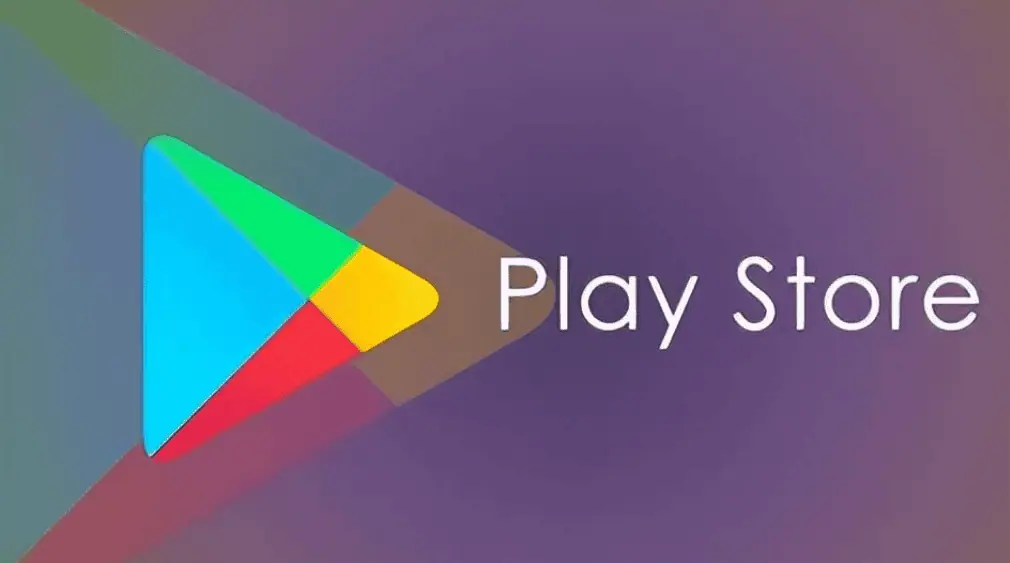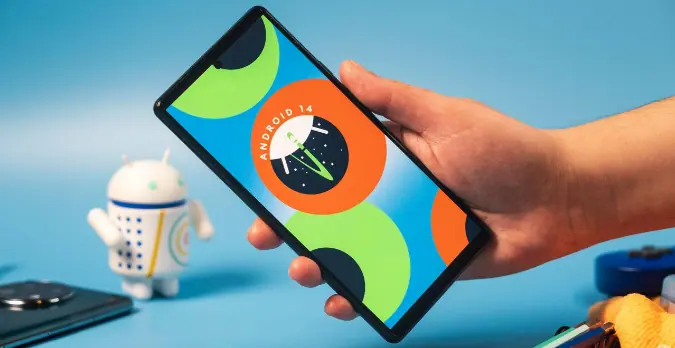Compared to Apple’s closed iOS system, Google’s Android system is an open ecosystem, which is an important advantage of Android. Hardware manufacturers, mainstream application software manufacturers, independent third-party developers, and end users all have higher flexibility.
As the saying goes, “There are pros and cons to everything.” “Openness” is an advantage of the Android ecosystem, but it is also its disadvantage and weakness. Not all stakeholders will always strictly adhere to the principle of “do no evil” and may abuse this advantage.
The most common strategy is bundling pre-installed applications that cannot be deleted by ordinary users, excessive solicitation and abuse of various permissions, collecting user data, popping up advertisements indiscriminately, and so on.

In addition, there is a more “alternative” and “hardcore” strategy, which is remotely deleting the installed applications on user devices. The most typical and representative case is: in 2015, a certain system directly remotely deleted applications from the TV box without notifying users or obtaining their consent or authorization.
This incident caused a huge controversy, with the system developers and operators claiming that this was done to help users protect the security and compliance of their devices. However, users simply did not accept this explanation. The incident became a major turning point for the system, leading to a sharp decline in reputation and popularity, ultimately failing.
Nevertheless, objectively speaking, technology itself is neutral, and it depends on who uses it and for what purpose. Remote app deletion also has many positive and constructive applications.

For example, some users may have multiple phones. With this feature, users can bind and manage (including deleting) apps installed on other phones remotely from their main phone, which is very convenient.
The above content is all preliminary, now to the main point. Good news has arrived recently: the new version of Google Play Store has “officially” introduced the remote uninstallation function.
The emphasis on “officially” is because this function is not new; it was available last year, but the entrance to the function was hidden and the operation was cumbersome. Now Google has simplified the operation steps of this function.
The premise for using this function is that users have already connected, associated, or bound multiple devices. In this case, users can open the Google Play Store, then click on “Manage apps & devices,” and then switch to the “Manage” tab.
In this interface, all devices that the user has associated or bound will be displayed. Users only need to click to select the corresponding device, and the list of installed app applications on the associated phone will be displayed.
Next, users can click on the checkboxes next to the applications to be uninstalled, and multiple applications can be selected simultaneously. A trash can icon will appear in the upper right corner. Clicking on this icon will prompt a dialog box asking the user to confirm the uninstallation of the application or cancel it.
Overall, the method and steps for deleting apps installed on associated phones from the main phone are the same as deleting locally installed apps on the main phone, very simple and easy to use.
So, what are the practical uses of this feature? Here are two examples:
- Facilitating parents to check and monitor their children’s phones about their homework.
- Facilitating assistance for the elderly.
Friends with elderly parents at home (especially those in distant places) understand a certain embarrassment: they buy various digital devices for their parents, such as smartphones and tablets, but the elderly encounter many pitfalls in actual use.
For example, when the elderly watch videos or scroll through information feeds, they often encounter various advertisements. Sometimes these ads look very similar to normal content, making it difficult for the elderly to distinguish, and they often misunderstand various advertisements but remain unaware. The result of accidental clicks is the “installation” of certain apps or games.
Some advertising promotions are even more frustrating. Although there is a close button in the upper right corner, when the user clicks on it, they realize that it is not a close button at all but a direct download and installation of a certain app or game.
As a result, every ten days or so, the elderly’s devices end up with many additional, useless apps or games, and the user has to manually delete and clean them every once in a while.
The assistant can do this because they live with the elderly, which is more convenient. If other friends do not live with the elderly, or if the elderly are in their hometowns, they cannot help the elderly delete or clean up junk software.
However, once the phone has this feature, these problems will be easily solved. Users can remotely bind and associate the elderly’s devices, even if they are in different places, they can periodically check the applications on the elderly’s devices remotely. If various junk software is found, it can be deleted remotely at any time, which is very practical. Therefore, it is hoped that domestic mobile phone manufacturers will follow suit as soon as possible.
However, objectively speaking, there is a certain risk in using this feature, so the device binding and authorization steps designed by the manufacturers must be strict and standardized, to prevent various rogues from abusing the possibility and space of this feature.
Related:

Disclaimer: This article is created by the original author. The content of the article represents their personal opinions. Our reposting is for sharing and discussion purposes only and does not imply our endorsement or agreement. If you have any objections, please contact us through the provided channels.








